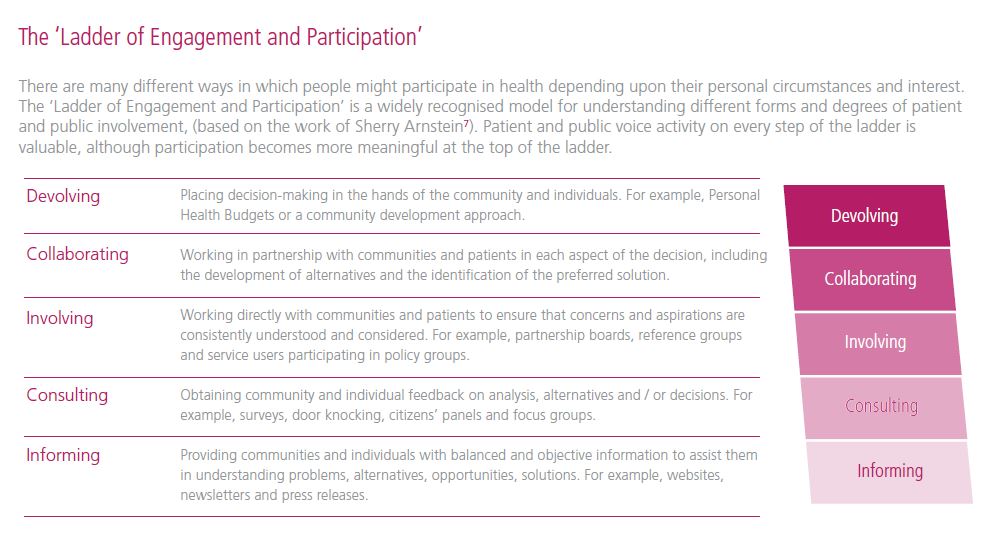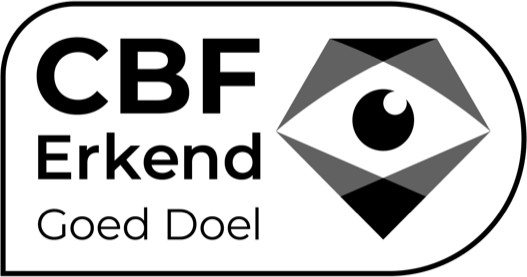Training the PAC BREATH to excel in patient participation
Recently (September 23rd) the BREATH Patient Advisory Committee (PAC) engaged in a training conducted by Maarten de Wit, a trainer who works for PGO Support. PGO Support is an independent knowledge and advice organisation on patient participation. The aim of this particular training was to gain more insight into ways in which patient representation in scientific research can be effectuated. Members of the PAC have been trying to find their bearings in the BREATH consortium and wanted to be briefed on other projects where, from the very beginning, patient representatives have been participating in fundamental research.
Patient participation in fundamental research
LONGFONDS | Accelerate is one of the first programs in the Netherlands in which patient representatives are directly involved as Patient Research Partners in fundamental scientific research. The steps in the patient involvement/participation ladder*, can be used as a guideline for organising patent involvement in research projects. In our case, the project was initiated by Longfonds and can be seen as the highest step on the patient participation ladder. In this consortium patients have very fluid ranges of roles. Which role suits best and in which stage of the research, was also part of this training.

Managing expectations
The trainer, Maarten de Wit, showed to be very flexible and adapted his workshop to the experiences and questions of the participants. One of the discussion points was that we as PAC need to recognize the importance of managing expectations; this concerns Patient Research Partners and researchers expectations alike.
Possibilities and limitations
One of the pitfalls is learning to recognize the possibilities and limitations of participatory research in different patient roles in fundamental research. In essence, some of the possibilities that were implemented in other projects are not suitable for this PAC. For instance the partnering of researchers to Patient Research Partners due to the international collaboration.
Important take aways
Some of the most important take aways of this training course are:
- Attitudes can change as a result of personal relationships
- Impact of patients on the process of fundamental research is limited
- However, the potential benefits should not be underestimated.
- Researchers and patient research partners must jointly choose the most appropriate form of cooperation.
All in all this training is an ongoing process and the PAC will deliberate on the implementation of the good practices learned from other projects.
Text: Pieter van Eck, Chairman of PAC BREATH


